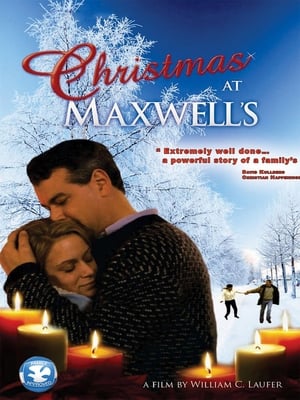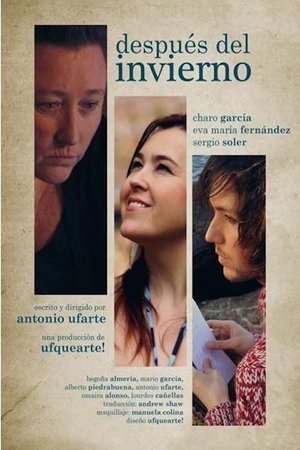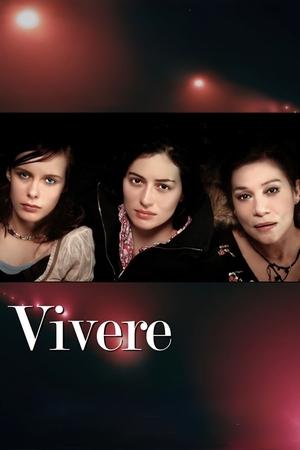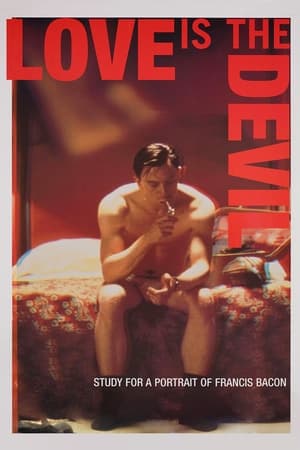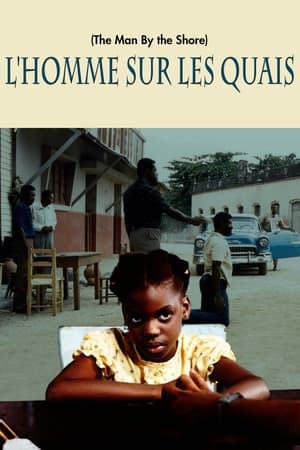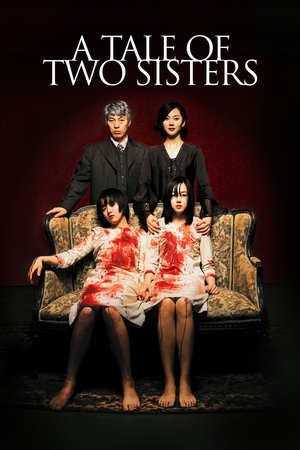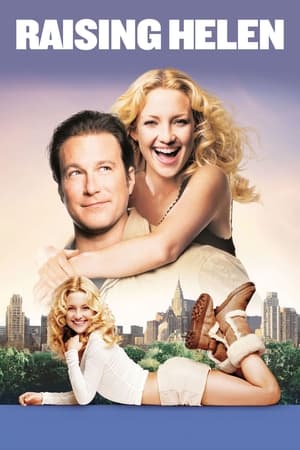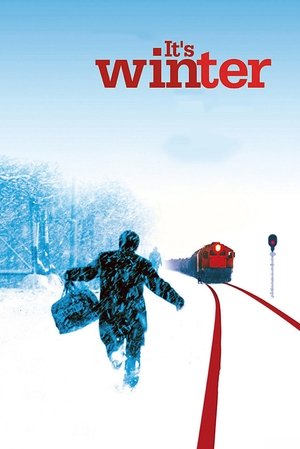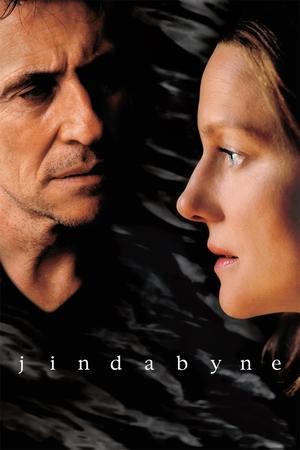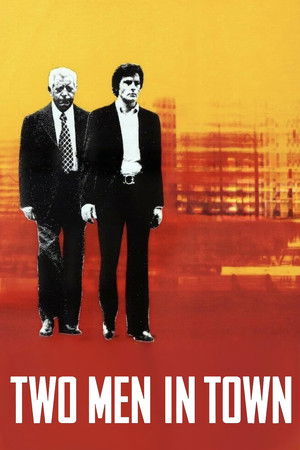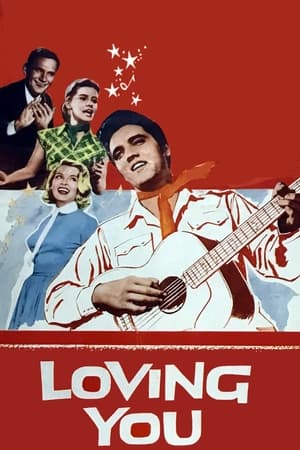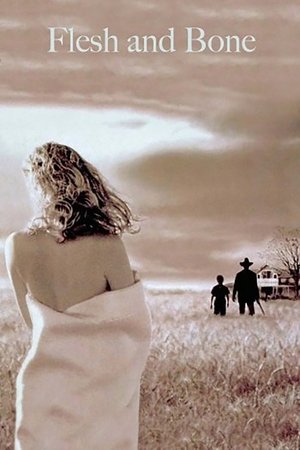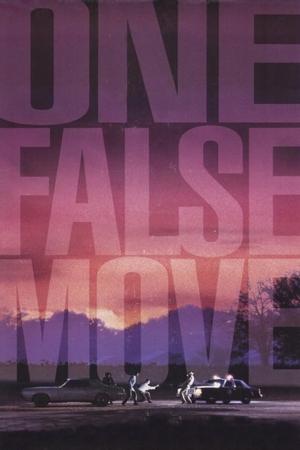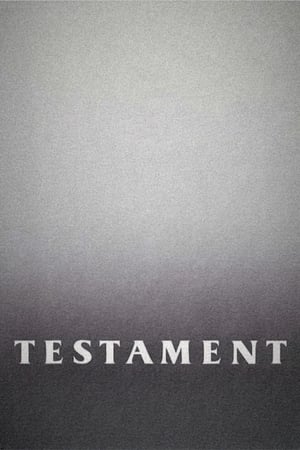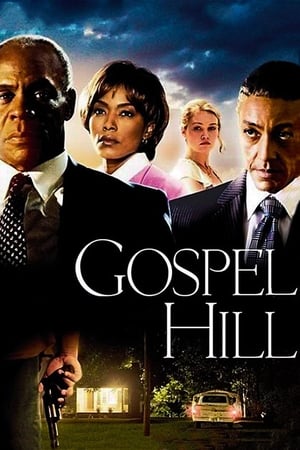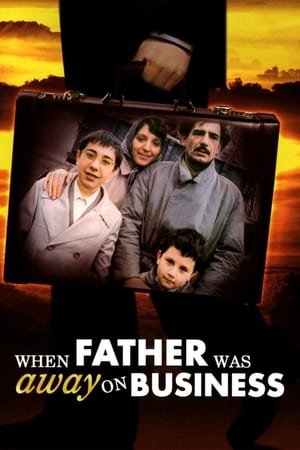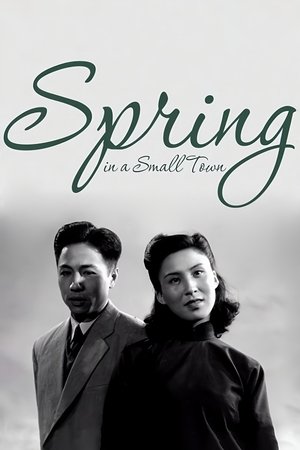Overview
As the railroad builders advance unstoppably through the Arizona desert on their way to the sea, Jill arrives in the small town of Flagstone with the intention of starting a new life.
Reviews
All what you can expect from a western.
With apologies (not really) to fans who disagree, this is truly a classic western. I read a criticism that some scenes run long with agonizingly lengthy close-ups, but I found the cinematography intriguing. Those shots divulge nearly as much into the characters' personalities as a wad of dialogue from older traditional westerns.
Sometimes in a spaghetti western I find myself thinking, aw, why did that innocent person have to die, but innocents did die in the old west, I imagine. I am sure there was a lot of senseless violence then, just as there is now. And Bronson seemed like an odd choice as hero to me, though who can question a director who had the instinct to make perennial good guy Henry Fonda the ultimate villain? He didn't suck in this role, did he? And at least we get some back story with the harmonica playing Bronson character, unlike with old Blondie from Leone's The Good The Bad and the Ugly.
And if you like the soundtrack, check out a YouTube video by The Danish National Symphony Orchestra And watch how they recreated the various parts of the music. It is pretty neat and just eight minutes long.
So yeah, I think Once Upon a Time in the West is a western classic, a Greek tragedy with spurs. So shoot me (at ten paces).
I can't say that this script doesn't play on Clint Eastwood's "Man with No Name" (which Sergio Leone also directed), but it's not important. If you're a spaghetti western fan, this film is a step up. The idea of putting Fonda in a bad guy role, and casting Bronson as anti-hero was a little shocking at first. At the end, I see how it worked to film's advantage by making all the characters more complex, ambiguous and real. If you were a Clint Eastwood, you'll love this film.
The worst of the worst Leone Westerns.
Leone destroyed the Westerns with his garbage, but the blame goes on to the critics who praised his lack of motivation, lack of inspiration, lack of credibility, lack of entertainment value, lack of strategy, just a total lack.
This is the worst of his stupid Westerns. It's the most contrived of his contrived Westerns.
It's another "classical Greek hero" story of gods, demigods, and cannon fodder. The more of a homicidal maniac you are, the more of a god you are. Great message.
Here, we have a traditional Greek demigod hero who is out for revenge, the usual Hollywood formula.
He wants to kill Frank, whose only motivation is sadistic killing, because Fank killed his brother.
So, what does our traditional hero do? He kills everyone else but Frank, including men who are trying to kill Frank (Henry Fonda).
I told you it was stupid, and that there was no way to buy into the motivation for the characters.
This one is the dumbest of the dumb Westerns. What's more, it's also worse because of all the waste. Why waste actors like Fonda, Robards, Bronson, Elam, and Strode on this stupid screenplay?
**One of the great western movies.**
Western movies made in co-production by Italians and Americans (called "spaghetti-western") have been considered among the best that emerged within their genre, cleverly combining the tough action of Wild West gunslingers with the taste for raw realism and detail of the Italian filmmakers. I believe that such a thing may displease North Americans, who consider the cowboy a figure that is "true USA". I therefore invite them to visit the Brazilian city of Barretos, or the rural areas of Goiás, Mato Grosso or Tocantins in Brazil. There are plenty of cowboys there… they just lack the guns.
Sergio Leone is an unavoidable figure here, having been responsible for the greatest “spaghetti” ever made. In this film, he gives us again a remarkable job, full of qualities. I don't consider it the best of his career or the best "spaghetti western" ever made, but it definitely has a place on the podium. The film begins very well, with the massacre of an Irish immigrant and his family, which leaves in the hands of a second wife – yes, the man was secretly a bigamist – a few acres of uninteresting desert... but there are people willing to kill for it. It happens that the smart Irishman had bought the only viable land for the railroad, and had even acquired the right to build a station and a new settlement! In the middle, we still have a gunslinger in search of personal revenge and another, in the pay of the railroad itself.
Let's face things frankly: the movie is good. It's a classic in its own right, almost mandatory for any movie lover, which doesn't mean that it's mandatory to like it! It is not a perfect film, it has problems that we will talk about, but it is equally endowed with characteristics and qualities that deserve to be valued.
The cinematography is very elegant, with good light and color. The sets and costumes are beautiful, even if it is frankly difficult to set a date to the film. In addition to the fact that the script does not establish a rigorous chronology, it's clear that the concern of the production designer and costume designers was aesthetics rather than historical rigor because there is a mixture of props, clothing and objects from the 1870s, 1880s and 1860. Is it a minor problem? Yes, but it is still a problem and a sign of the carelessness with which many productions are still facing historical rigor nowadays. The visual and special effects are put to good use and the soundtrack, atmospheric and truly impactful, is one of Ennio Morricone's most powerful works. Unfortunately, the film's editing was not the best, with cuts so abrupt and violent that it almost leads one to believe that the film was cut "a posteriori" for some reason. And perhaps the biggest problem turns out to be its excessively slow and annoying construction, with each scene lasting three minutes longer than necessary and the general length reaching three hours unnecessarily.
We can only say good things about the cast: among a vast succession of unknown and unimportant Italians, there are some outstanding actors who do not disappoint us and give us magnificent interpretations. Charles Bronson is a good-hearted tough guy with a monstrous charisma that steals our attention whenever he appears. Henry Fonda is effective as a villain, showing the actor's enormous versatility. Claudia Cardinale, one of the muses of cinema at the time, combines an impressive resilience of spirit, a high dose of charisma and a beauty that is still remembered today. Jason Robards has the difficult task of being the helpful good guy who ends badly to glorify the hero, but he takes the opportunity to show all his value as an actor.
Great western that I never watched despite owning the old DVD, but with Paramount releasing this on 4K UHD, decided to sit down through the 165-minute duration and it was a wonderful experience. Great performances all around, but most notably Jason Robards and Charles Bronson. Just another homerun from Sergio Leone though I think I prefer "The Good, the Bad and the Ugly" but it's close. **4.5/5**
This is a masterpiece in story, sound and vision.
The detailed long lingering beautiful shots and scenes building tension are a fabulous antidote to today's movies where stuff or extreme proportions must just happen every 3 minutes whatever!
The opening scene is my favourite. Who would think it would be so captivating to have so little happen for so long (11 minutes till the first line is delivered by Charles Bronson). The photography, the sound of the creaking windmill, the tension and anticipation building. And then the action. Just magic.
Now we know all along just who is responsible for the wholesale slaughter that “Jill” (Claudia Cardinale) encounters when she arrives to join her family on their frontier ranch. She’s devastated, all alone and distinctly wary of “Harmonica” (Charles Bronson) who doesn’t speak much, unless it’s with his instrument or with his pistol. What we do know of the crime is that it was instigated on behalf of a railroad owner “Morton” (Gabriele Ferzetti) who had engaged the services of “Frank” (Henry Fonda) and his longcoat assassins to ensure that their boss could acquire her family’s land for a song. Meantime, caught up all is these machinations is “Cheyenne” (Jason Robards) whom “Frank” is also trying to frame for the killings. With the townsfolk powerless to help this damsel in distress, can her new white knight save the day? As ever with Sergio Leone westerns it’s all about the look and the score. Morricone is at his best with the latter and the photography speaks eloquently for the paucity of dialogue that I quite enjoyed. Nobody hurries, nothing is rushed and the pace is glacial yet effective - especially as events build up to the confrontation that we know is coming, but which I felt was only one of half a dozen crucial scenes towards the end of this superior revenge western. Cardinale doesn’t have very much to do here, but she glows alluringly as “Jill” treads on the ruins of her previous life unsure who to trust - or more likely, certain she ought not to trust anyone. Initially, I did struggle to see Fonda as this sort of baddie, but he surprises with his calculating menace and Robards stole the show for when his renegade and entirely untrustworthy “Cheyenne” took to the screen to help out his musically minded mate. The closing scene from this film is the stuff of cinema legend, like so many of this director’s tail-enders, and in many ways this whole enterprise sums up the end of the lawless west as the railways brought greed sure, but also the end of much of the wildness of a territory that isn’t so much being won any more, as bought.

 166 min
166 min
 8.3
8.3
 1968
1968
 Italy
Italy
 Andres Gomez wrote:
Andres Gomez wrote: